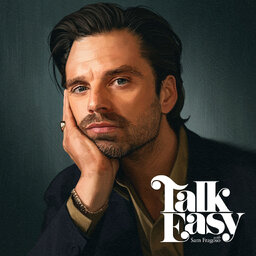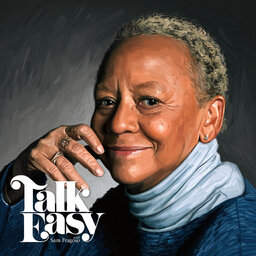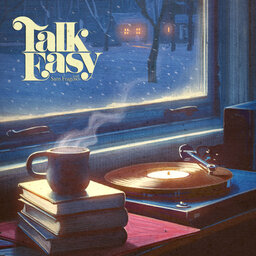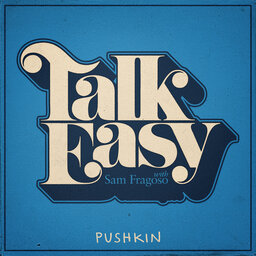A Love Letter to Comedy with Paul W. Downs and Lucia Aniello (‘Hacks’)
Hacks co-creators Paul W. Downs and Lucia Aniello, who are also husband and wife, have been performing and writing together for over a decade. Today, we discuss the road to season three of their hit HBO series.
At the top, they unpack the makings of their creative partnership (8:20), how they chronicled the evolving state of comedy in Hacks (14:38), and Jerry Seinfeld’s recent comments about the medium (20:05). Then, we walk through Paul and Lucia’s origin stories (33:45), their meeting in an improv class at UCB (38:00), and the New York comedy pipeline they fell into with Broad City (46:59).
On the back-half, we talk about the making of their feature film debut Rough Night (49:35), the road trip where they first imagined the premise for Hacks (53:25), their guiding principle while creating the show (59:10), and their journey into parenthood (1:05:48). To close, a piece of advice on art-making today (1:11:30).
For questions, comments, or to join our mailing list, reach me at sf@talkeasypod.com. This conversation was recorded at Spotify Studios. Clips courtesy of HBO.
In 1 playlist(s)
Talk Easy with Sam Fragoso
Talk Easy with Sam Fragoso is a weekly series of intimate conversations with artists, activists, and…Social links
Follow podcast
Recent clips

The Year of Actor Sebastian Stan (‘The Apprentice’)
1:16:35

Remembering Poet Nikki Giovanni
44:21

Talk Easy in 2024: A Mixtape
58:40
 Talk Easy with Sam Fragoso
Talk Easy with Sam Fragoso